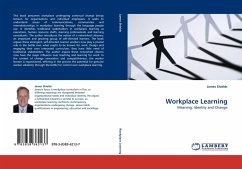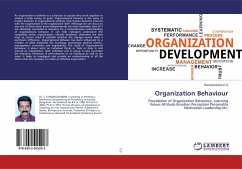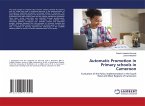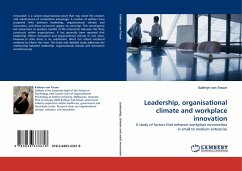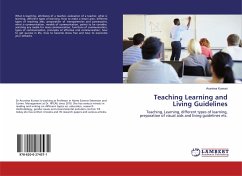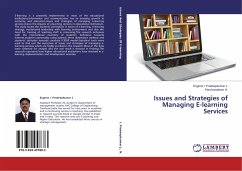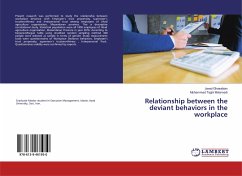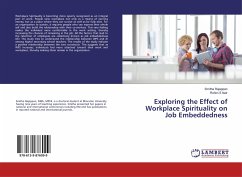This book presumes workplace undergoing continual change brings tension for organizations and individual employees. It seeks to understand issues of communications, communities and interrelationships in workplace learning through the language people use. It identifies traditional stakeholders in workplace learning as executives, human resource staffs, learning professionals and learning consultants. The author introduces the notion of a networked citizenry; an important and growing group of self-directed learners. The book argues these emergent, self-directed, learner workers now play a pivotal role in the battle over what ought to be known for work. Design and engaging their own interacted curriculum, they have little need of traditional stakeholders. The author argues these networked citizens now have the major influence over teaching and learning for work. In the context of change innovation and competitiveness, the worker learner is repositioned, offering in the process the potential for genuine worker solidarity through the battle for control over workplace learning.
Bitte wählen Sie Ihr Anliegen aus.
Rechnungen
Retourenschein anfordern
Bestellstatus
Storno

